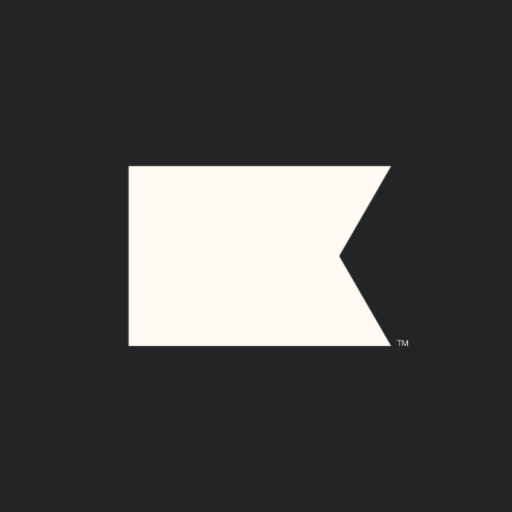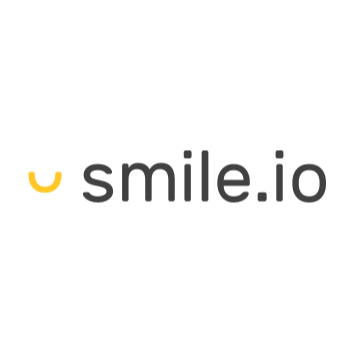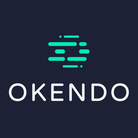From Making Soap In My Basement To Building A $1.3M/Year Business
Hello! Who are you and what business did you start?
Hi, I am Kelly Perkins, Founder, and CEO of Spinster Sisters Co. We are a natural skin and personal care company that manufactures premium quality products that are better for people and better for the planet.
In November 2021, we launched a “Free From” collection of concentrated bar products free from water and plastic packaging that has been received well. In just over a month, we have received purchase orders from several grocery store chains for this new, innovative product offering.
After starting in my basement in 2012 with just me and a single batch of bar soap, there are now 18 of us and we operate out of our 8,860 sq. ft. wind and solar-powered Microsoapery in Golden, Colorado. Our products are currently sold in over 2100 stores across the country in both natural and mass grocery, and we just expanded to Canada in 2021.
The business and the products have received numerous prestigious awards, and we have a robust...


















